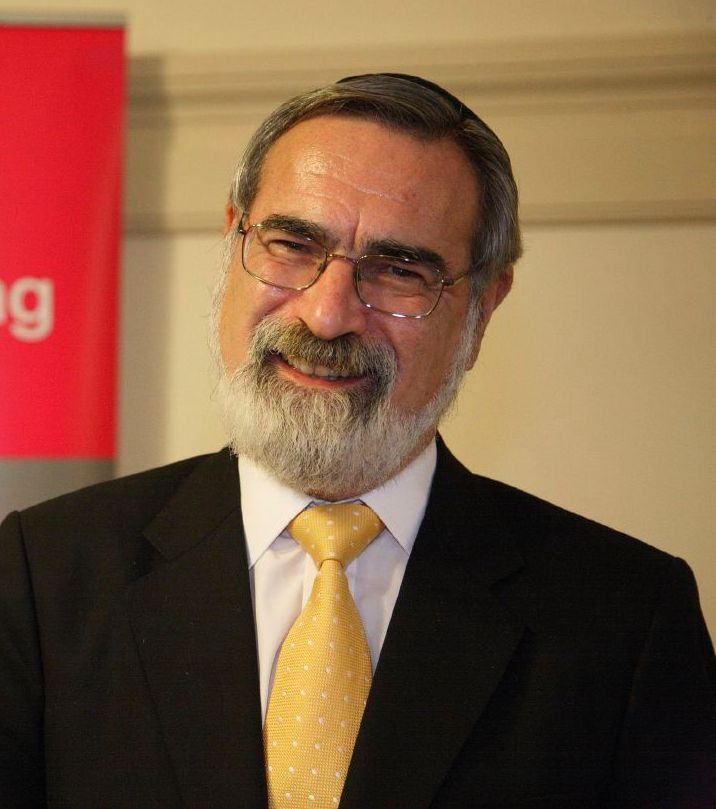Not again.
As we gear up for the start of winter quarter amid a nationwide spike in Omicron cases, most UCLA students may also be experiencing symptoms of déjà vu. Memories of the early days of the COVID-19 pandemic gather in many minds with uneasy familiarity.
Although the world has collectively made great progress in the fight against the virus, it now feels for college students, in a sense, that we have reverted to where we started. So far, the winter quarter has been broadcast over Zoom. In-person instruction is only set to resume during Week 5.
On campus, operations are still not in full swing. Reminiscent of times past, restrictions are being enacted rather than retracted. Gyms and libraries remain closed. Dining halls are limited to takeout only. The Hillel building at UCLA is shuttered, with programming, classes, and Shabbat services taking place online.
While some Bruins have elected to move back to the dorms, others have decided to stay home for now, splintering that warm communal feeling on campus. This only exacerbates those latent feelings of loneliness, uncertainty, fear, and pain. Quite frankly, nobody knows what the future holds in store.
That can be a source of frustration and anxiety. Over the winter break, as we watched the Omicron variant shake up the present reality, I read an idea that strongly resonated with me. The timing was auspicious. As we wade further into 2022, I believe we could use it to gain strength and fortitude in our daily lives.
I was reading a book titled The Dignity of Difference, by Rabbi Jonathan Sacks ZT”L, the former Chief Rabbi of the United Kingdom and a brilliant scholar and philosopher. Rabbi Sacks wrote the book in the aftermath of 9/11, intending it to be a moral and religious response to the forces of globalization and instant communication that define the 21st century.
Near the book’s conclusion, Rabbi Sacks introduces his concept of a “covenant of hope,” one that he believes can serve as an antidote to a fractured, unstable, and rapidly changing global order.
Though we often use the words ‘hope’ and ‘optimism’ as if they are interchangeable, I was fascinated when Rabbi Sacks made a critical distinction between the two. In a dictionary, hope and optimism have almost identical definitions. Conceptually, however, Rabbi Sacks explains that the two words take on subtly different meanings.
Optimism, Rabbi Sacks says, is simply the belief that our fortunes will improve with the passage of time. It is a naive, rather passive expectation of growth. Fundamentally, it is a mode of perception, a deceptive way of looking at the same reality.
In contrast, hope is a distinct sort of virtue. Hope, Rabbi Sacks writes, is a faithful courage that empowers us to make things better together.
Hope is an active endeavor,a constructive attitude, a mechanism for inspired action. Hope is a prerequisite for resilience, determination, solidarity and growth.
Both the virtues of optimism and hope have their own merits. Certainly, it is possible to hold these attitudes together at once. But I believe, more than anything that hope will help us endure the challenges we face today
Yes, we have reasons to be optimistic that the plight we find ourselves in today will abate. Improved vaccination rates, testing capabilities, and possible herd immunity are all promising developments. With a successful fall quarter to reflect upon, I am confident in the administration’s ability to return us to campus when it is safe and feasible to do so.
Nevertheless, only hope can push us through the difficulties we are facing. The social isolation, the health crisis, the virtual instruction, and the looming uncertainties – they can be confronted through hope.
Through the virtue of hope, challenges become bearable. Pain becomes shared, suffering becomes meaningful. More than optimism, hope empowers us to seize the initiative, making a difference for ourselves and our communities.
As we go forward, let’s be hopeful–actively. Let’s be there for each other. Let’s check in with our loved ones, friends, neighbors, and peers. Let’s reach out to those in need. Together, we can get through this. Hope can be our cure.
And let’s be there for ourselves. In challenging times, it is imperative that we take good care of ourselves. We must make sure we eat well, exercise, get enough sleep, and monitor our stress levels.
To conclude, Rabbi Sacks writes about how iit is remarkable how the song “Hatikvah” – meaning “hope” in Hebrew – was selected as the Israeli national anthem.
This is exactly why I find Rabbi Sacks’ idea to be so beautiful. Israel is a story about generations of hope, not optimism, and the courage and determination to build a brighter future. Together.
When we are hopeful, we are never truly alone.

